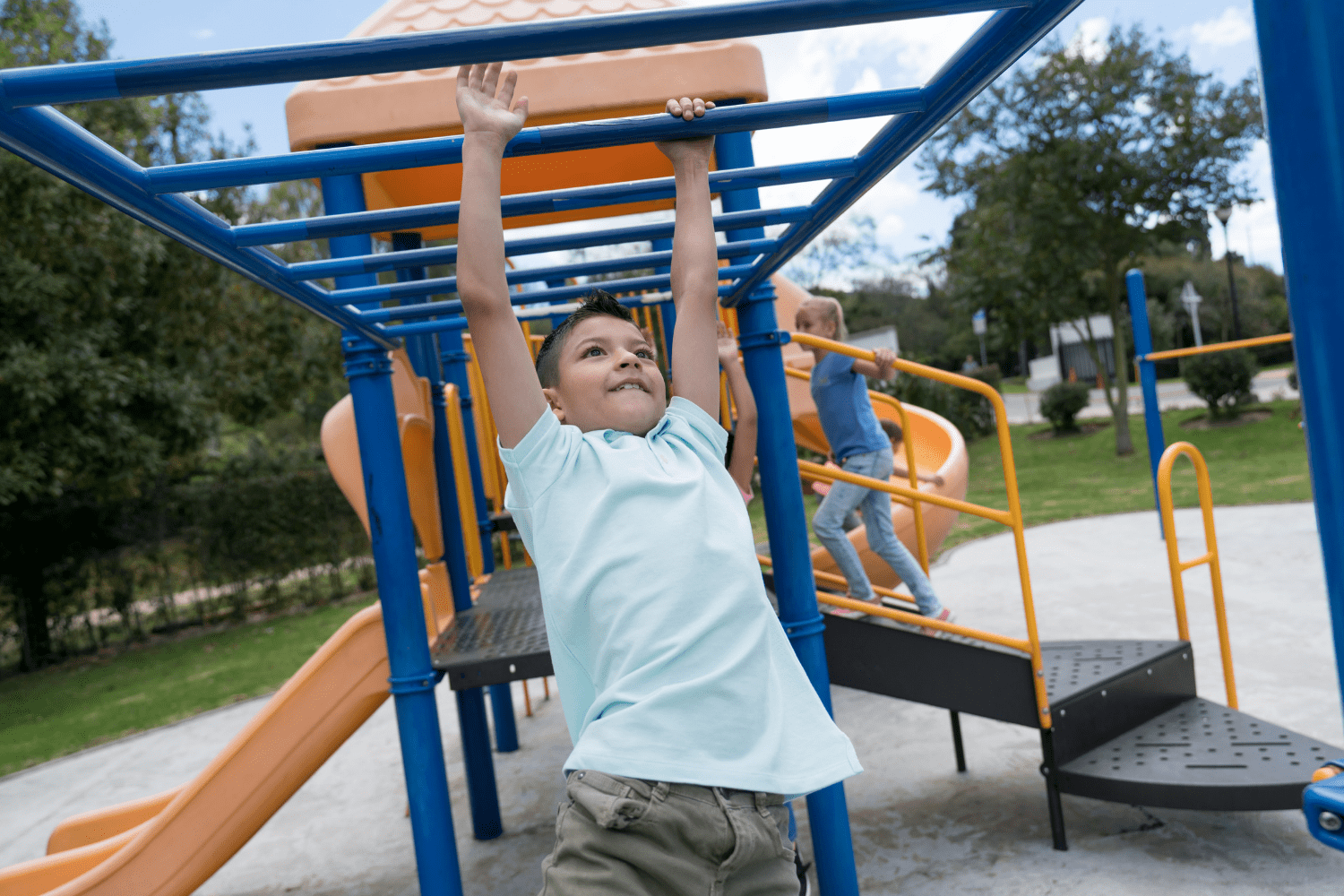Autism: What you need to know

Autism can affect the way a person interacts, communicates, behaves or relates to other people.
The official term for autism is called ‘autism spectrum disorder’ (ASD). This is because the way autism affects an individual varies widely.
A person with autism sees, hears and feels the world differently. Some people with autism need extra support, especially if they also have other conditions such as a learning disability, mental health or other condition. However, many people with autism are able to be more independent, without extra support in place.
Autism in children
Children with autism respond in different ways. For example, a child with autism may not respond when you call their name. They may also struggle to give eye contact. A child with autism can also sometimes find it difficult to pick up on social ‘cues’, for instance if you smile at them, they might not smile back because they don’t understand this way of interacting with others.
Some children with autism also experience a sensory processing disorder. This means they can be more or less sensitive to sounds, taste, sights, smells and textures. Sometimes, exposure to these things can cause a ‘sensory overload’.
For example, if a child is sensitive to noise and crowds, being in a noisy place with lots of people could be distressing and lead to an immediate change in their behaviour.
Getting support
If you suspect that your child may have autism, you will probably want to get a diagnosis. However, it’s also completely normal for you to have reservations about pursuing a diagnosis for your child.
This is your personal choice, but often a diagnosis can bring a sense of relief and help both you and other professionals working with your child to understand them better. It will then also be easier to offer the best possible support to ensure your child’s needs are being met. From your child’s perspective, it might also enable them to identify with their peers who may be autistic too.
The first step towards getting a diagnosis is to make an appointment with your GP. Keeping a list or diary of the behaviour triggers and characteristics that your child has been showing that have made you think they might have autism will be really helpful for your GP to see.
Once you have seen your GP and they believe your child may indeed have autism, the GP will then make a referral for assessment. Getting a formal assessment may be a lengthy process, but it could get your child a diagnosis. During this time, speak to your child’s school to explain the situation and to ensure any extra support can be put in place to help them.

